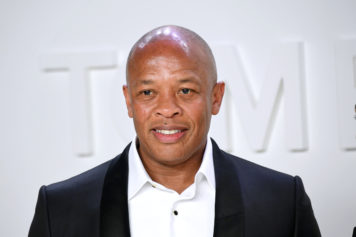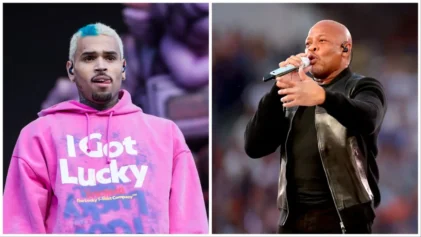Anyone who has been around for the early days of “Verzuz” knows there were a few trial-and-error runs with technical difficulties that the platform experienced before getting it right. But as it turns out, viewers of the show weren’t the only ones turned off by the poor sound quality.
In a March 24 interview with “The Breakfast Club,” producer and co-founder of “Verzuz” Swizz Beatz revealed Dr. Dre pulled out of doing a “Verzuz” battle after watching Teddy Riley and Babyface go head to head in a April 18, 2020, matchup.

At 14:49 Beatz said, “When Dr. Dre wasn’t feeling the sound from Teddy Riley and Babyface, that hurt our heart. Oh my God.” He went on to explain that Dr. Dre was actually present at the battle and that “he was supposed to come at the end and announce that he was gon’ do VERZUZ that night.” But after witnessing the technical difficulties that took place at Riley and Babyface’s battle, “He got on the phone, he was like, ‘Man, I can’t be a part of nothing that sound like that, my legacy is quality.’”
“I was like, ‘Oh, we just lost Dre.’ … That one felt pretty crazy.”
It is no surprise that Dr. Dre deems sound quality as important, since it’s been a part of his brand for years. He especially proved that when he and Interscope Records co-founder Jimmy Iovine launched their audio company called Beats in 2006.
When the idea of the audio brand first came about, Apple was still releasing iPods with a free pair of earbuds. Being someone who is obsessed with sound quality, Dre was displeased with what he was hearing from the earbuds. He told lovine, “Man, it’s one thing that people steal my music. It’s another thing to destroy the feeling of what I’ve worked on.”
In 2014, Dre and lovine would come full circle with Apple audio products when they sold Beats to Apple for over $3 billion.


